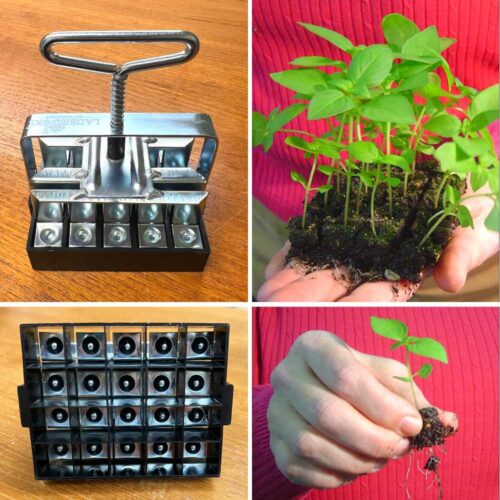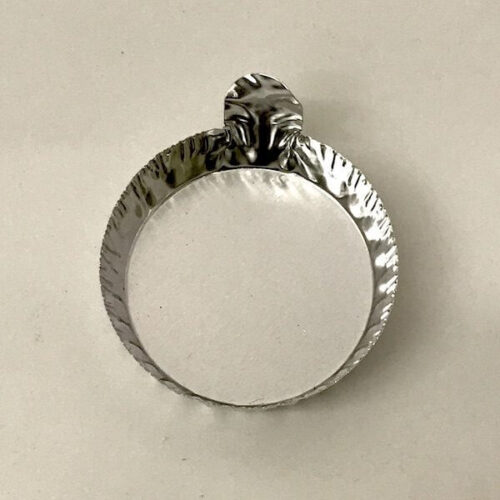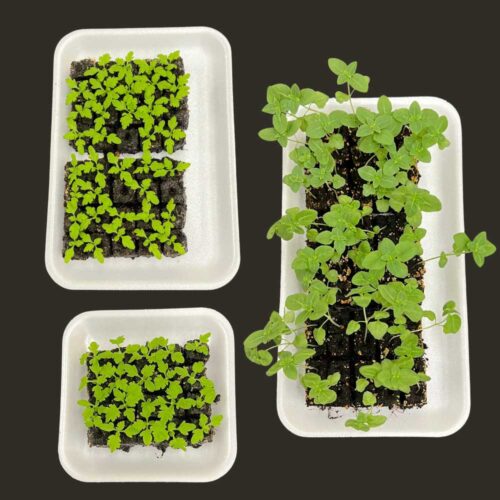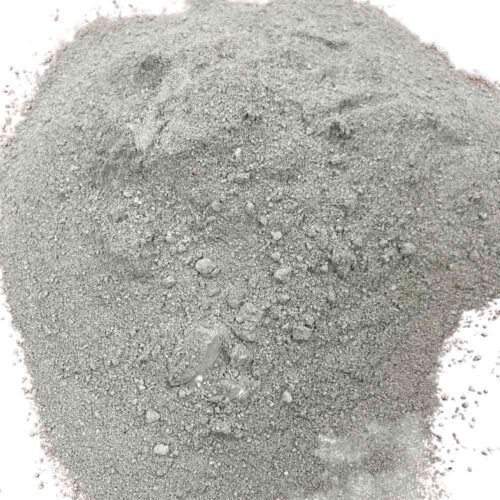Benefits of Buckwheat: Organic matter, habitat, and weed control
 A great mid-summer addition to the garden is buckwheat. There is plenty of time left in the growing season to take advantage of its many benefits and it is easy to grow. Buckwheat is a cover crop you grow to benefit your garden and the creatures that live there. It grows from seed to bloom in about 30 days and requires full sun.
A great mid-summer addition to the garden is buckwheat. There is plenty of time left in the growing season to take advantage of its many benefits and it is easy to grow. Buckwheat is a cover crop you grow to benefit your garden and the creatures that live there. It grows from seed to bloom in about 30 days and requires full sun.
Because it grows so quick it makes an excellent weed suppressor– it outgrows most weeds. Other reasons to grow; it provides habitat and food source for pollinators and other beneficial insects, it adds organic matter to the soil when turned under, and it is allelopathic– meaning it deters germination of seeds following a crop which makes for excellent future weed control. Another great benefit is the stems are hollow so it is easy to turn into the soil with a shovel and it breaks down fast.
 We plant buckwheat wherever we have a bed or area that is not immediately being replanted in a crop. As soon as the bed is torn down, mowed, and tilled, I grab some buckwheat seed, scatter, and cover it with soil (shallow tilling or raking). Before I know it, the buckwheat has germinated and is making a beautiful canopy of vegetation and will soon be blooming.
We plant buckwheat wherever we have a bed or area that is not immediately being replanted in a crop. As soon as the bed is torn down, mowed, and tilled, I grab some buckwheat seed, scatter, and cover it with soil (shallow tilling or raking). Before I know it, the buckwheat has germinated and is making a beautiful canopy of vegetation and will soon be blooming.
My success with buckwheat has come as I have learned to always have buckwheat seed on hand to plant. It doesn’t always get planted, but when it does, I find myself more taken with the action going on in the buckwheat than in my flower gardens!
Buckwheat Facts:
- Plant in full sun.
- Scatter seeds and cover with soil.
- 2-3 pounds of seeds per 1000 square feet.
- Blooms approximately 30 days from planting.
- Turn plants into soil during bloom time to prevent buckwheat from making and dropping seed.
- Remember that the allelopathic effect will deter future crop and weed seeds from germinating. So follow buckwheat plantings with transplants not direct seeding of another crop.
Purchase organic buckwheat seed.
Reap the benefits, make buckwheat a part of your garden.
Lisa
Lisa Ziegler
 Brought to you by Lisa Mason Ziegler, award-winning author of Vegetables Love Flowers and Cool Flowers, owner of The Gardener’s Workshop, Flower Farming School Online, and the publisher of Farmer-Florist School Online and Florist School Online.
Brought to you by Lisa Mason Ziegler, award-winning author of Vegetables Love Flowers and Cool Flowers, owner of The Gardener’s Workshop, Flower Farming School Online, and the publisher of Farmer-Florist School Online and Florist School Online.






